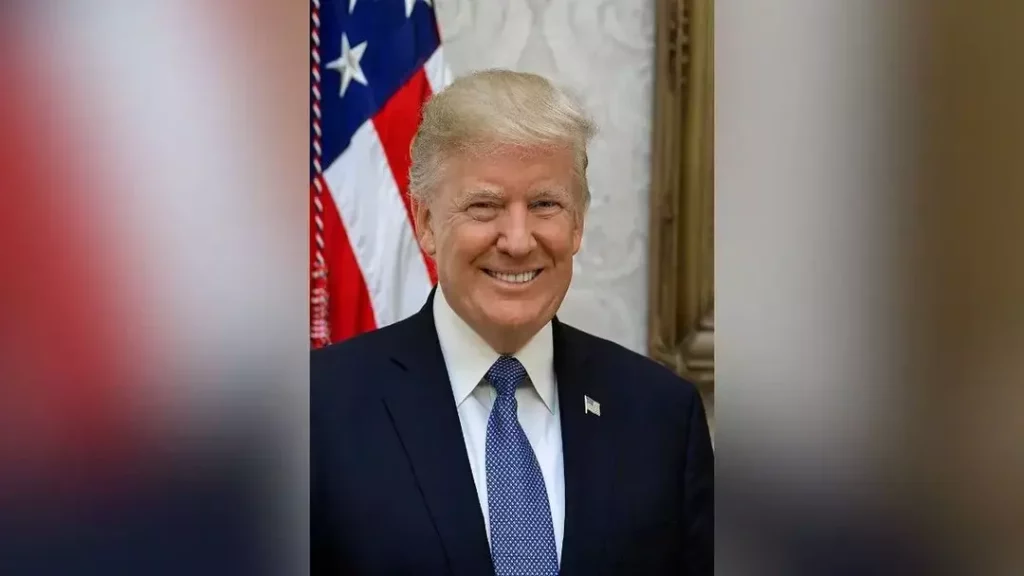
US Court Rules Trump Exceeded Emergency Powers with Tariff Orders
The United States Court of International Trade has delivered a significant blow to the Trump administration’s trade policies, ruling that President Trump’s tariff orders exceeded the authority granted by the International Emergency Economic Powers Act (IEEPA). The court’s decision emphasizes that the provisions of the act are not a carte blanche for the President to impose tariffs for any reason, but are strictly limited to addressing specific, declared emergencies.
In a 2-1 majority opinion, the court found that President Trump’s decision to impose tariffs on steel and aluminum imports in 2018, as well as his subsequent tariffs on Chinese goods, exceeded the authority granted to him by the IEEPA. The court concluded that the President’s actions were not taken in response to a declared emergency, but rather were instead motivated by a desire to protect American industries and workers.
The IEEPA is a law that grants the President the authority to regulate foreign trade in response to a national emergency. However, the court emphasized that this authority is not unlimited, and that the President must demonstrate that a specific emergency exists before imposing tariffs. In this case, the court found that the President failed to meet this burden, and that his actions were therefore unlawful.
The court’s decision is a significant setback for the Trump administration, which has used tariffs as a key tool in its trade policy. The tariffs have been controversial, with many arguing that they are harming American consumers and businesses by driving up prices and reducing access to foreign markets.
The ruling is also a major victory for the court, which has been critical of the Trump administration’s use of executive power. In a dissenting opinion, Judge Terry Douglas argued that the court was overstepping its bounds by second-guessing the President’s decision to impose tariffs. However, the majority of the court disagreed, concluding that the IEEPA is a specific and limited grant of authority that must be exercised in accordance with its terms.
The court’s decision is likely to have significant implications for the Trump administration’s trade policies. While the administration can appeal the ruling to the US Court of Appeals for the Federal Circuit, the court’s decision is likely to be a major setback for the administration’s efforts to use tariffs as a tool to protect American industries and workers.
The ruling is also likely to have significant implications for the US-China trade relationship. The tariffs imposed by the Trump administration have been a major source of tension in the relationship, and the court’s decision may embolden China to take further action against American goods. The decision may also embolden other countries to challenge the Trump administration’s use of tariffs, potentially leading to a more global backlash against American trade policies.
In conclusion, the US Court of International Trade’s ruling that President Trump’s tariff orders exceeded the authority granted by the IEEPA is a significant setback for the Trump administration’s trade policies. The court’s decision emphasizes that the provisions of the IEEPA are strictly limited to addressing specific, declared emergencies, and that the President’s authority to impose tariffs is not unlimited. The ruling is likely to have significant implications for the Trump administration’s trade policies, and may embolden other countries to challenge American trade policies.
Source:
https://thesouthfirst.com/opinion/us-courts-say-no-reining-in-presidential-tariff-powers/






